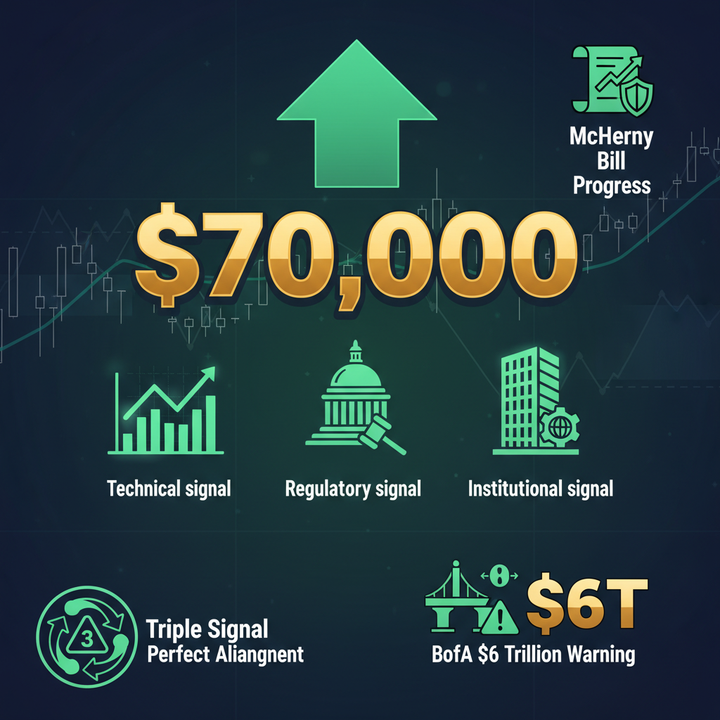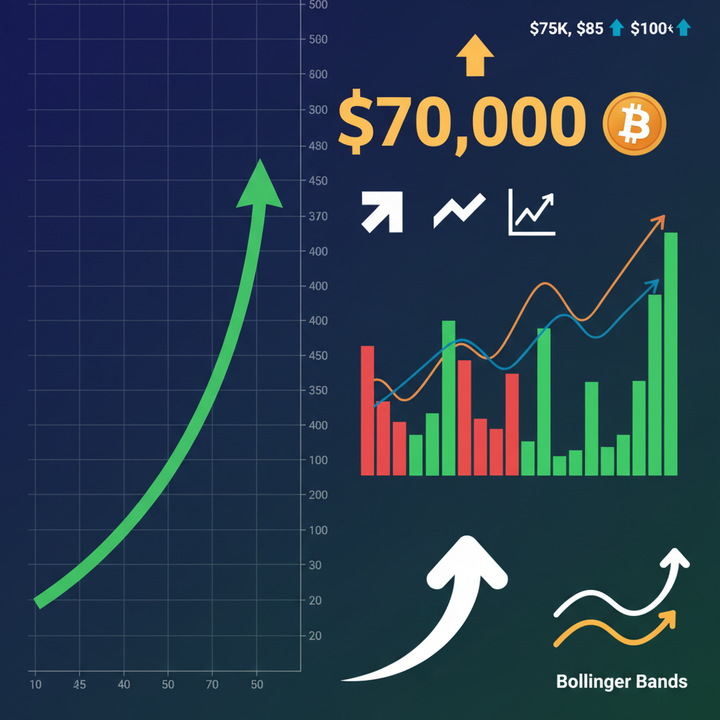Global Crypto Crackdown: Turkey Blocks PancakeSwap, Sweden Eyes Crypto Seizures

Global regulatory bodies are intensifying their scrutiny of the cryptocurrency market. Turkey has recently blocked access to several crypto-related websites, including the decentralized exchange PancakeSwap, citing unauthorized services. Concurrently, Sweden's Justice Minister is pushing for increased efforts in seizing criminal assets, including cryptocurrencies, under a new law.
Turkey's Crackdown on Crypto Websites
Turkey's Capital Markets Board (CMB) has initiated a significant crackdown on cryptocurrency services deemed unauthorized within the country. This move reflects a broader trend of tightening crypto regulations in Turkey.
- The CMB announced legal action against 46 websites, including prominent decentralized exchange PancakeSwap and Cryptoradar.
- The regulator cited the country's Capital Markets Law as the basis for blocking these sites.
- PancakeSwap, a major decentralized exchange with over $325 billion in trading volume for June, was among those targeted.
- Turkish authorities have been strengthening crypto rules, requiring identifying information for transactions over approximately $425 since February and gaining full regulatory control over crypto asset service providers since March.
- While Turkish residents can purchase, hold, and trade cryptocurrencies, the use of digital assets for payments was banned in 2021.
Sweden's Push for Crypto Seizures
In Sweden, the focus is on enhancing the seizure of criminal profits, with a particular emphasis on cryptocurrency assets. Justice Minister Gunnar Strömmer is advocating for more aggressive enforcement under a law enacted in 2024.
- Justice Minister Gunnar Strömmer urged local police, tax authorities, and the Swedish Enforcement Authority to prioritize cases likely to yield crypto proceeds, real estate, and other corporate assets.
- Since the law's implementation in 2024, over $8.3 million in criminal profits have been confiscated.
- The 2024 law permits authorities to confiscate luxury items and large amounts of cash from individuals, even if they are not the direct targets of an investigation, if they cannot explain the origin of their wealth.
- The exact amount of the $8.3 million seized that is tied to cryptocurrency remains unclear.
- This initiative aligns with a broader global trend where governments are exploring ways to manage and potentially utilize seized crypto assets, as seen with discussions in the US regarding a national crypto reserve.
Key Takeaways
- Regulatory bodies globally are increasing their oversight of the cryptocurrency space.
- Turkey's actions highlight a move towards stricter authorization and compliance for crypto platforms.
- Sweden's efforts demonstrate a growing focus on leveraging legal frameworks to seize illicitly obtained crypto assets.
- These developments underscore the evolving landscape of cryptocurrency regulation, with governments seeking greater control and transparency within the digital asset market.


